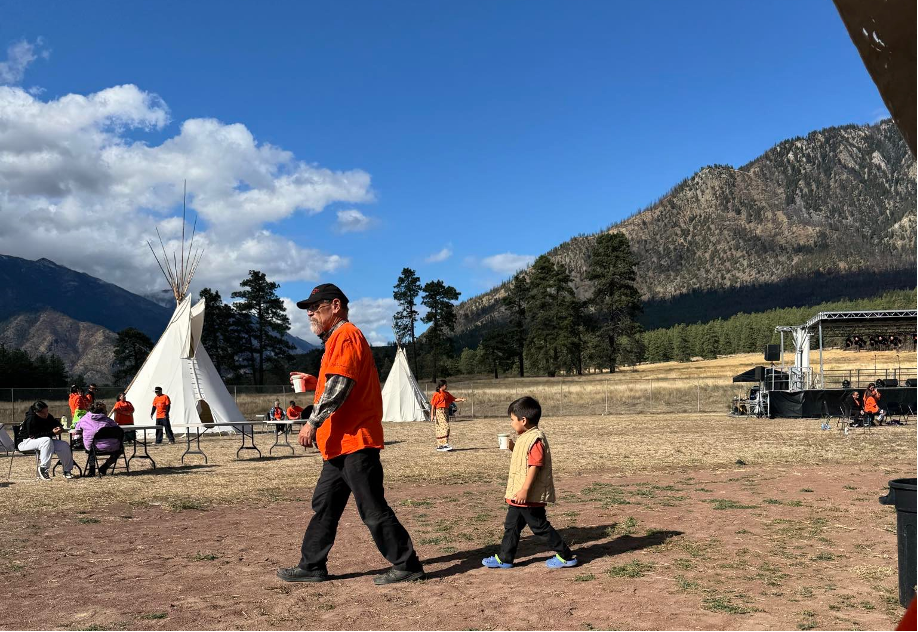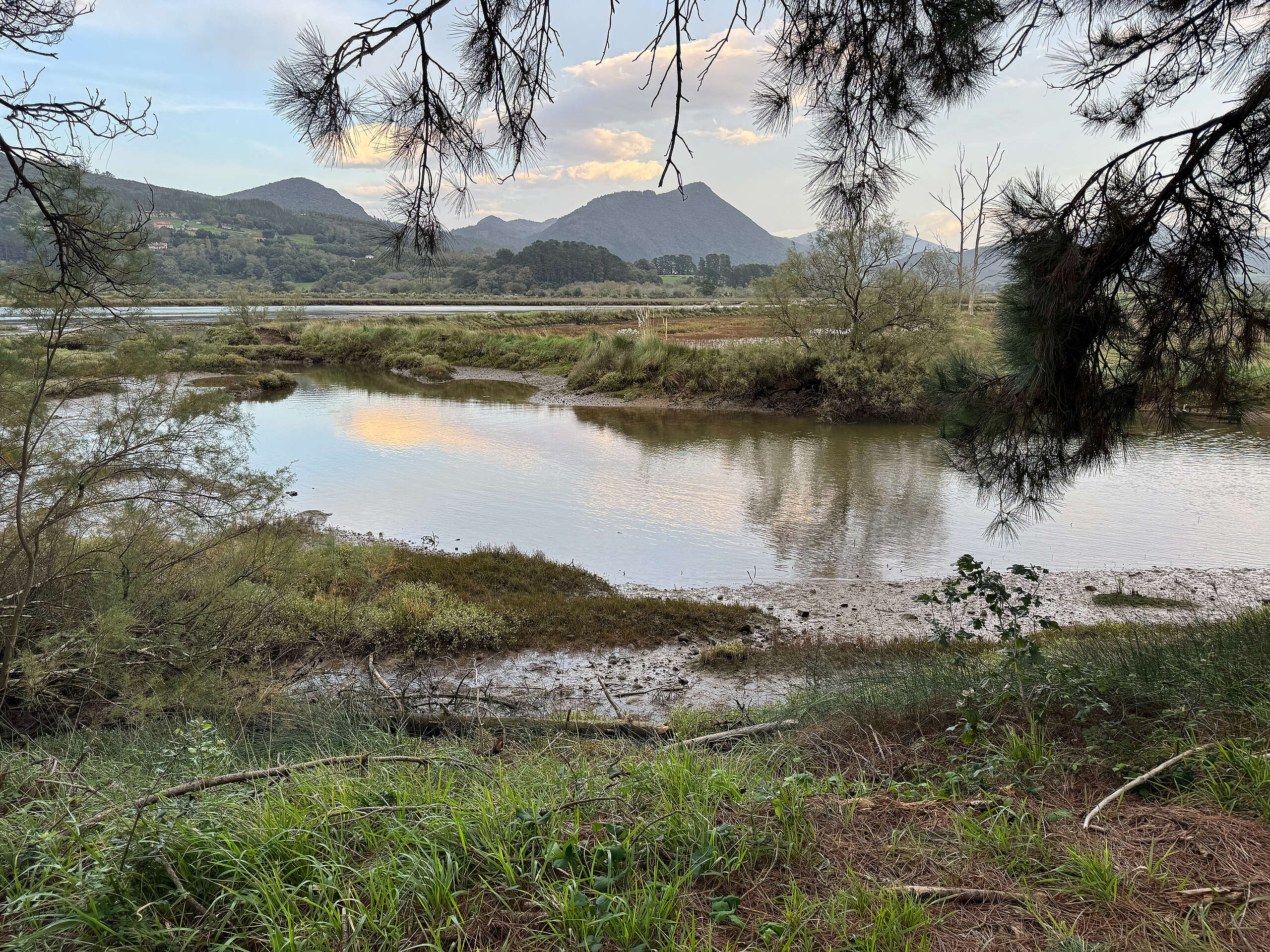“Prime Minister Carney’s national project list is creating a false narrative around what is in our national interest. Does Canada want to fight climate change and build a better future for Canadians or not? We are confused.
We do need to build big and act fast to address the crises facing the country, but who are we building for? Through the “national projects” announced today and the majority of others being considered, PM Carney is saying our national interest is mainly exporting gas and other raw materials, not the real issues facing Canadians day-to-day. The federal government needs to prioritize its “nation building” plans around housing, cost of living, healthcare and quality of life, which must include protection from climate change affecting Canadians across the country.
We can’t reduce emissions, meet climate commitments, and effectively protect Canadians against the climate crisis devastation we are seeing across the country without moving away from fossil fuels. Doubling down on LNG exports from a project that has faced fierce Indigenous opposition makes no sense at a time when wildfires are bringing home the cost of the climate crisis and key markets like China and Europe are turning to solar and wind rather than fossil fuels. Fast-tracking risky projects and prioritizing pipelines isn’t the smart way forward and it’s not in our collective national interest.
Canada needs to strongly support “nation building” projects that set us up for a secure future through proven green solutions that uphold Indigenous rights and protect our natural heritage.”
Keith Stewart, Senior Energy Strategist at Greenpeace Canada
On specific projects announced:
- The LNG Canada project in Kitimat, B.C. is supplied by the Coastal Gaslink pipeline, which has been strongly opposed by the hereditary leadership of the Wet’suwet’en people, who have been supported by allies across the country including the ‘Shut Down Canada’ blockades of 2020. Phase 2 would double the export capacity of the project and will likely face strong opposition.
- The Darlington New Nuclear Project is proposing to use small modular reactors (SMR). These are an experimental design and at least a decade away from producing power, which means Ontario will continue to burn fossil gas rather than building wind and solar farms which are cost-effective, safe and available now.
- The Contrecœur project to expand the Port of Montreal threatens part of the critical habitat for the copper redhorse freshwater fish, a species unique to Montreal and endangered.
- The McIlvenna Bay Foran Copper Mine Project in Saskatchewan and the expansion of the Red Chris Mine in northwestern B.C. are critical mineral projects. Critical minerals will be essential for the energy transition we need to make to address climate change, however the rush to mine and export critical minerals needs to take into account the following criteria:
- Sourcing and using critical minerals has to take into account equity and justice.
- Critical minerals should be prioritized for the energy transition over other non-essential uses like military applications.
- Reduce our overall demand for critical minerals – i.e. more public transport and less private electric vehicles.
- Use and reuse the critical minerals materials we already have before rushing to mine more.
- Protect sensitive areas and the rights of Indigenous people and communities.
For more information please contact:
Patou Oumarou, Communications Campaigner, Greenpeace Canada
[email protected], +1 (418) 431-0263



